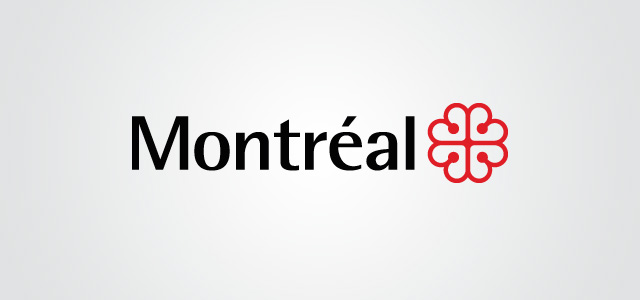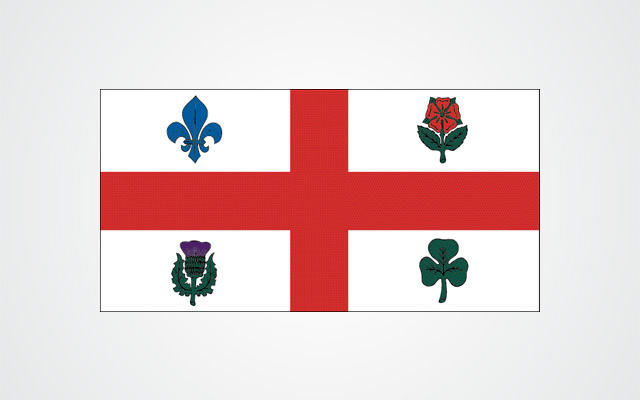Apple loves to brag about how many mobile apps are in their App Store, a number that the Android Market is trying to beat. If anyone is taking a closer look at these apps, most of them are just fancy RSS feeds, or a handful of games that are redesigned over and over again with different skins and slightly modified rules.
It’s very rare to see an app that takes full advantage of the possibilities the platform offers, most of them will settle for a mobile website, that the user has to download and install. The most striking examples I can find, since I work in the municipal field, are municipal apps. Every week, I get press releases about this and that city releasing mobile apps. A common feature I noticed is that they release an iPhone, an Android and a BlackBerry version so that they get “everyone covered”. These apps are mostly about feeding the latest news and press releases of the city.
The companies that are developing these apps are happy to promote this way of distributing news, they get payed three times, every time they sign up a new client. It’s really lucrative, because if the client needs to make a change to the app in order to accommodate new devices, they can charge extra. I’m sure there are other fields too, apart from municipalities, where institutions and companies jump on the app bandwagon.
As BlackBerry starts to sink, I wonder how long are institutions and companies willing to invest in BlackBerry app development. With Android, I’m not worried, there are plenty of people out there, that can’t afford Apple products, and there are plenty that can. Still, having to develop separate apps for all these platforms, is just not sustainable.
I have nothing against apps, they have their role and strengths. Just as no online photo editor can replace the power, speed and versatility of Photoshop (at least not in the immediate future), so goes for certain mobile applications, no responsive design or HTML5 magic can beat them.
Before you go out and spend tax money, or your shareholders money to order a mobile app, make sure that the features you need can only be obtained with an app and you’re not betting on an artificially created tech bubble that will burst sooner, rather than later.
Mobile web is getting stronger and stronger and by investing in a mobile/responsive website, you put your money in a product that will be easy to scale, easy to change, in order to keep up with the exponentially increasing number of devices used to access the Internet.




